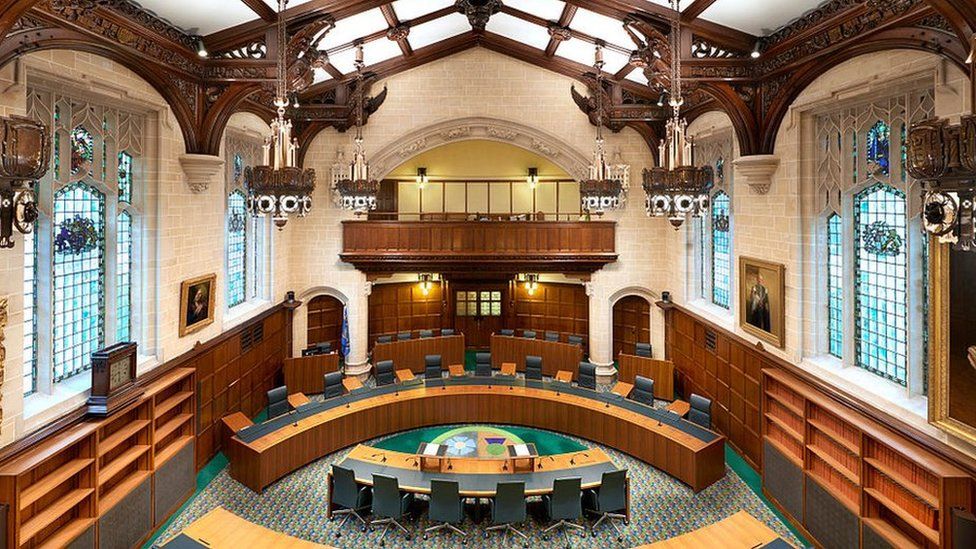 Getty Images
Getty ImagesJudges at the Supreme Court will announce on Wednesday morning the outcome of a case which could decide whether the Scottish government can hold an independence referendum without Westminster’s backing.
What are the potential rulings they could make, and how would they affect the future of the constitutional debate in Scotland?

How did we get here?
First Minister Nicola Sturgeon wants to hold a referendum on 19 October 2023, with the SNP and Scottish Greens forming a pro-independence majority in the Scottish Parliament.
She wants the UK government to do a deal similar to the one ahead of the referendum in 2014 to ensure the result is seen as being legitimate and internationally-recognised.
But successive prime ministers have refused to do so, and the Scottish government has instead asked the Supreme Court to rule on whether Holyrood could set up a referendum on its own.
Judges heard two days of arguments in October, and are due to announce the result at about 09:45 on Wednesday, with Court President Lord Reed – a Scottish judge – reading a summary of the judgement in the courtroom.
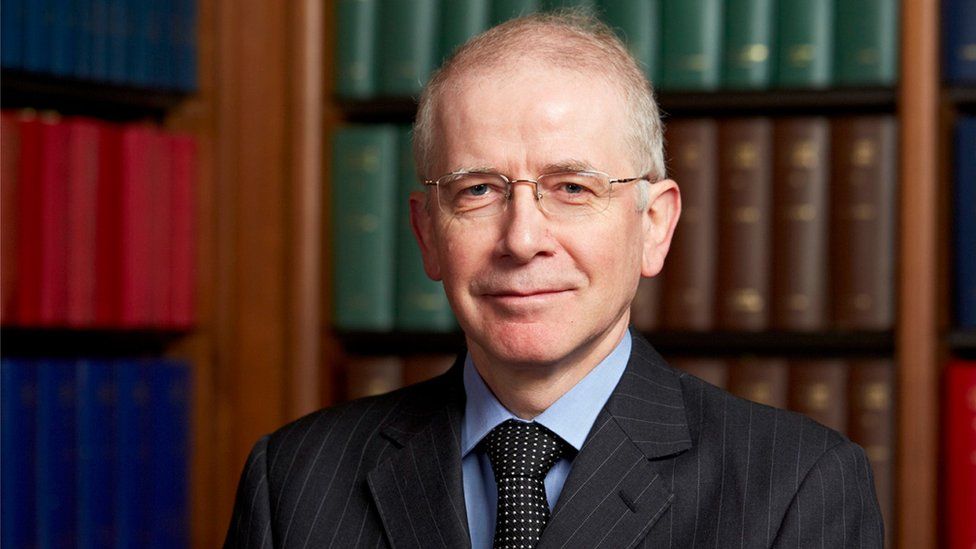
What are the arguments?
The core question of the case is whether the draft independence referendum bill drawn up by the Scottish government would “relate to” a matter reserved to Westminster, which only MPs can pass laws about.
The Scottish government argues that a referendum would be “advisory”, and would simply seek the views of the people of Scotland on the topic.
They say the vote would have “no legal consequences”, and that there would need to be negotiations and legislation at Westminster if a majority of those taking part in the referendum backed independence.
The UK government says it is “perfectly obvious” that the fate of the union is reserved to Westminster, and that Holyrood does not have the power to hold a referendum on its continued existence.
Their lawyer said a referendum bill would be “self-evidently, squarely and directly about the Union”, and that it was clear the Scottish government’s intention was “not just to have an opinion poll”.
The UK government has also argued that the judges should throw the case out without making a ruling, saying it would be premature to take a position on a draft bill.
- Indyref court case could have an explosive outcome
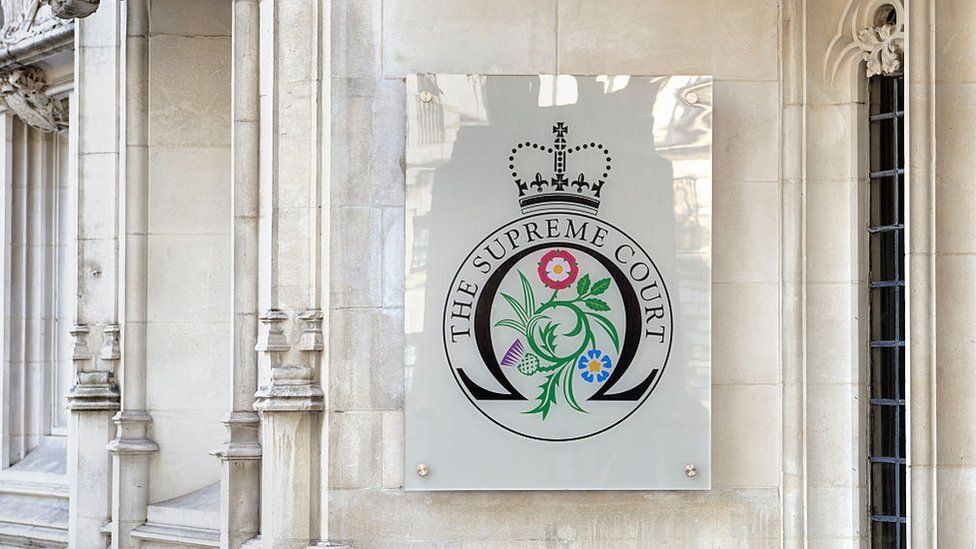
What might happen?
There are broadly three potential outcomes, but also a couple of ways in which things might get complicated.
The first is a Scottish government win.
That would give ministers the green light to table the draft referendum bill at Holyrood, and given the SNP and Greens have a majority they could pass it in a matter of days.
However the Scottish government’s own argument was that this would provide for an “consultative” referendum, and that a deal with Westminster would be needed to actually deliver on the result.
So Ms Sturgeon’s key move would be to use the ruling to put pressure on the UK government to sign up to take part in a referendum in the same way as in 2014.
The message to Prime Minister Rishi Sunak would be that the referendum is going to happen, so he might as well get on board – but beyond the tough talk, a political agreement is still going to be crucial.
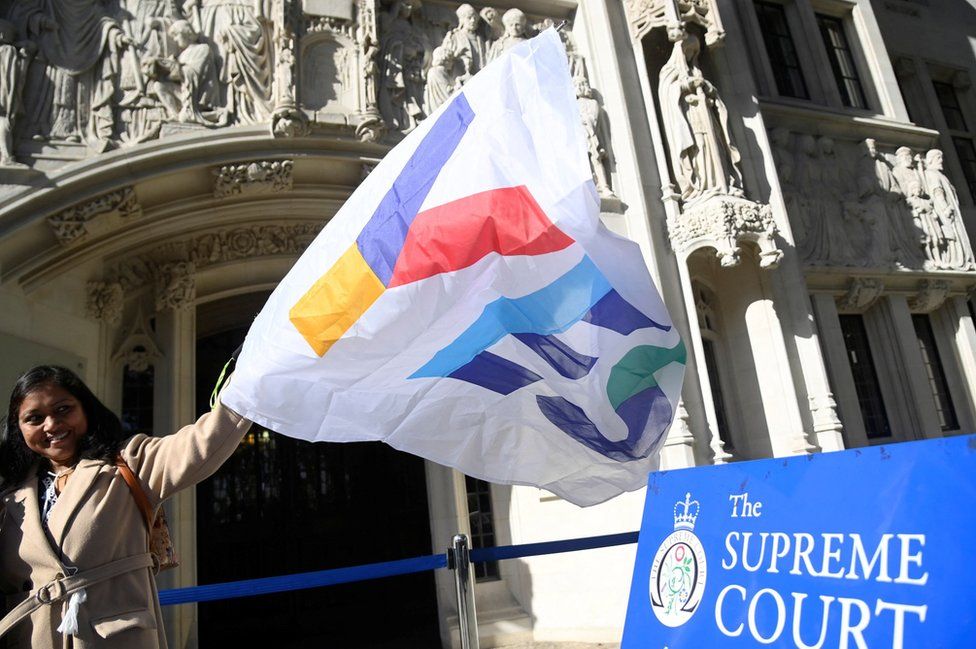
The next possible outcome is a UK government win, where the judges conclude that Westminster’s consent is needed to set up a referendum.
UK ministers seem confident of such a result, but it would not be the end of the matter as far as the Scottish government is concerned.
Ms Sturgeon has already been clear that she would view a negative result as another roadblock in the path of Scottish democracy, in the hope that the perceived unfairness of being denied a say would prompt a wave of public support – again putting pressure on UK ministers to change their stance.
The first minister would also questions about whether she would press ahead with her attempt to turn the next general election into a single-issue vote on independence.
But there would be significant questions for UK ministers too about how exactly the issue of independence is ever going to be resolved, given it continues to dominate Scottish politics.
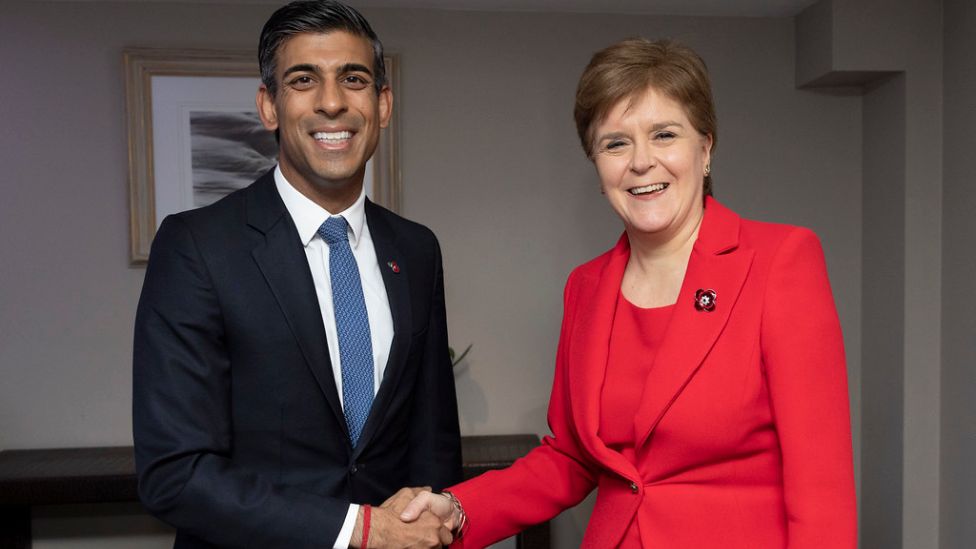
The judges don’t need to come down on one side or the other, though. They might also reject the reference, and decline to make a ruling at all.
Lawyers for the UK government pushed hard for this during the hearing in October, arguing that the court does not generally offer opinions on hypothetical questions.
They like the idea of this outcome because it would leave the Scottish government in a difficult bind – unable to move a bill forward, but perhaps without as easy a political argument about a constitutional roadblock.
There are still ways the bill could progress. An SNP backbencher could bring it forward as a members bill, for example, and the pro-independence majority could still push it through parliament.
That would likely be challenged by UK law officers, and the case could end up back in court again next year.
It is also possible that the judges could offer a non-binding opinion on the substance of the case, even while refusing to make a formal ruling. This is known as an obiter.
If that backed the Scottish government’s case, it might be enough for the bill to go ahead at Holyrood – although UK law officers might have another go at challenging it anyway.
And if it came down in favour of the UK government’s argument, it would still spark a big political row.
That is what all of the potential outcomes have in common – with the two sides remaining implacably opposed, the need for a political solution will only be intensified.
The judges can outline what the law tells us, but in the end only politicians can settle this issue once and for all.
-
Indyref court case could have an explosive outcome
-
12 October
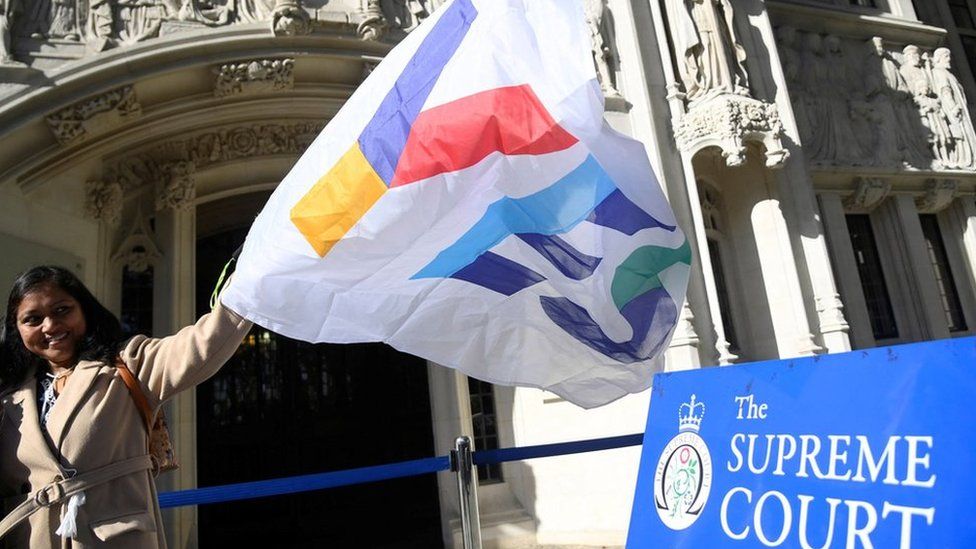
-
-
Lack of indyref2 powers is ‘obvious’, court told
-
12 October
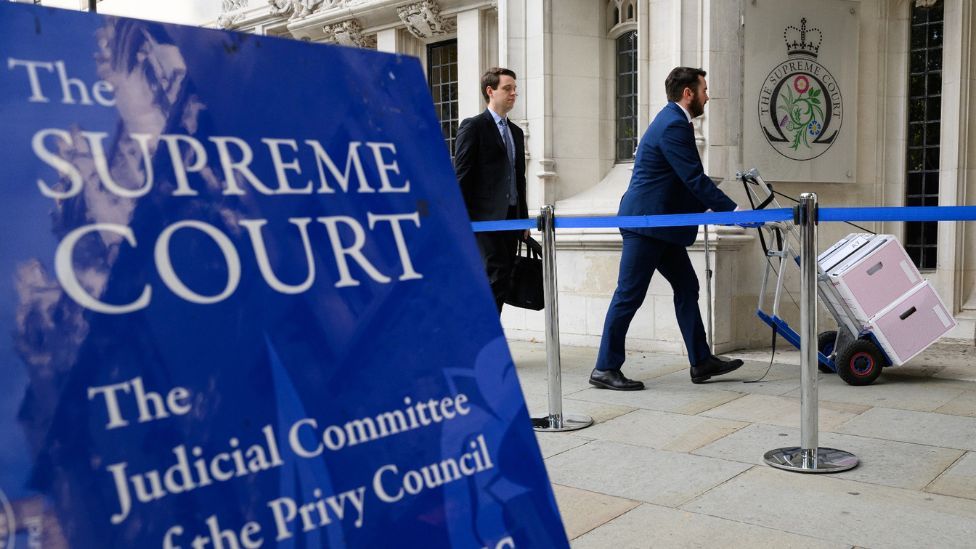
-
-
Indyref2 judges asked to resolve ‘festering issue’
-
11 October
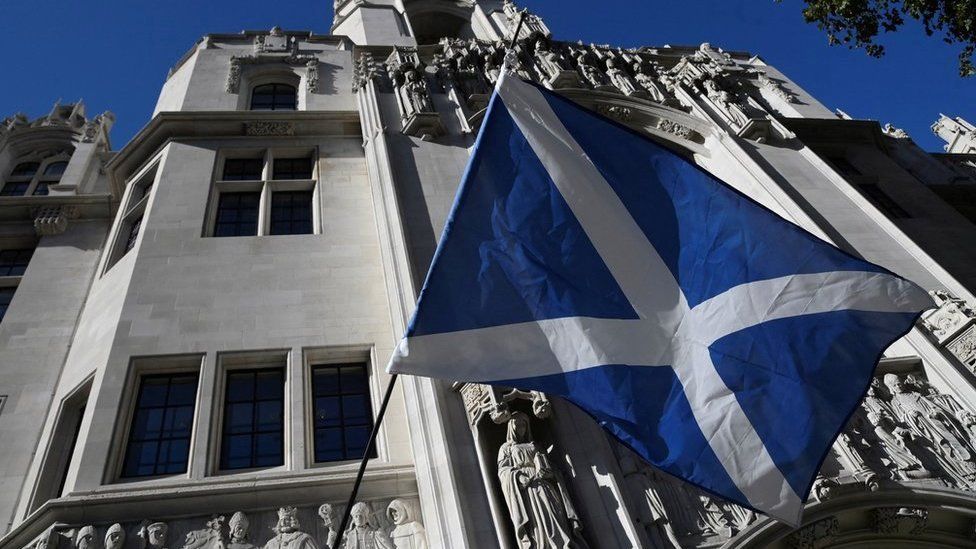
-
